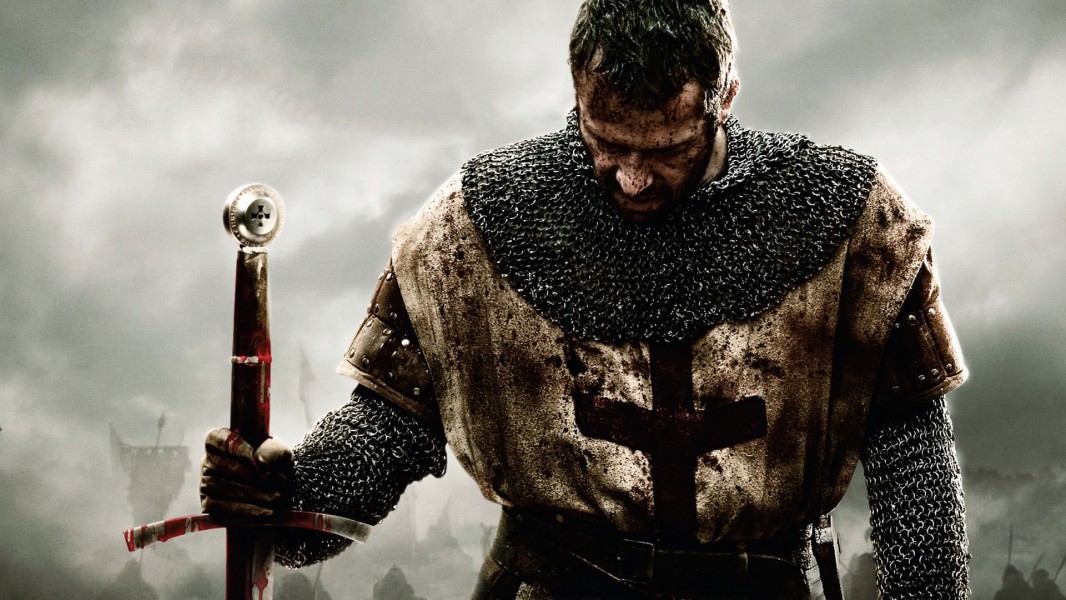
Ironclad
In the year 1215, the disobedient barons of England coerced their reviled king, John, into affixing his royal seal to the Magna Carta, an important agreement that protected the rights of free citizens. Yet, within a few short months of making his pledge to the great charter, the King went back on his word and began to raise a mercenary army on the south coast of England with the purpose of re-imposing his despotic authority over the barons and the kingdom as a whole. The formidable Rochester castle, which would later come to represent the significant uprising of the rebels for freedom and justice, blocked in his path as he attempted to make his way.
Read full
Production:
Country:
Duration:
121 m


















Discussion